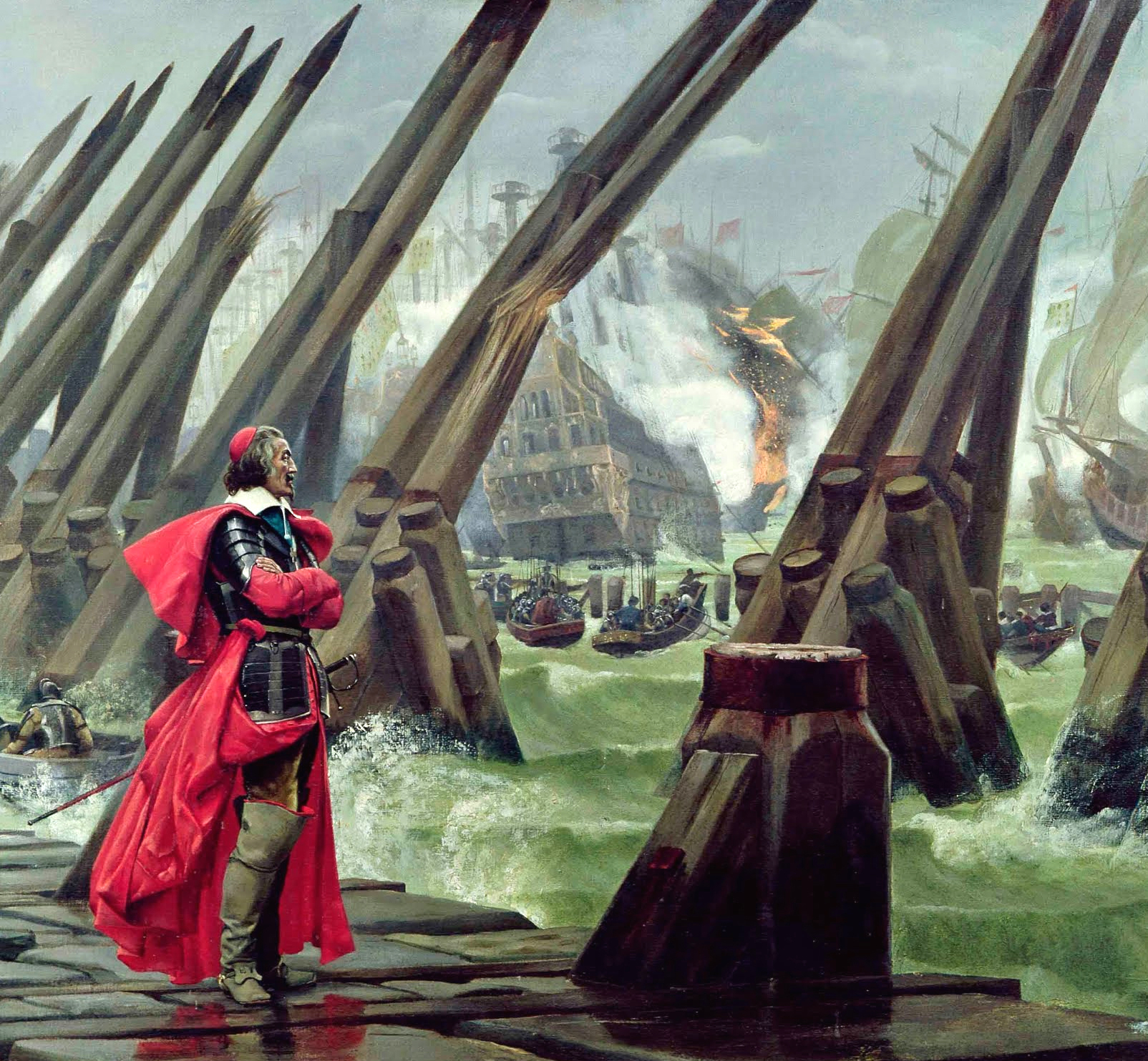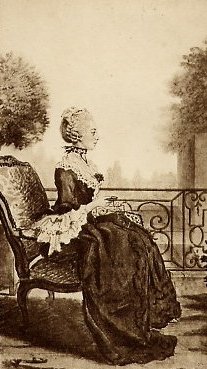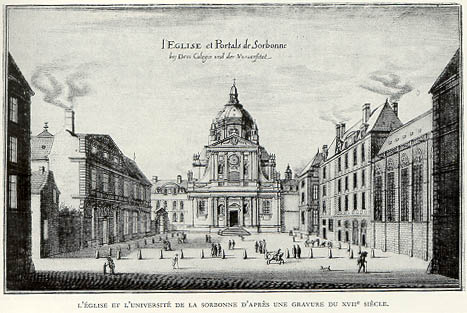Great post. 
One error however. America did not have a larger standing army at the start of the war. Carpathia did:

You CAN give Mali high diplo points. It is called voting. Do it every week. Send votes here:
diplo_vote a.t plomp.eu
Rank 1st 2nd & 3rd places in the categories of diplomacy, military achievement, and story telling/roleplaying.

One error however. America did not have a larger standing army at the start of the war. Carpathia did:

Originally posted by Diplo Carpathia
(OOC: I would give Mali high diplo points for this agreement, holland, mongol, and the inca as well)
(OOC: I would give Mali high diplo points for this agreement, holland, mongol, and the inca as well)
diplo_vote a.t plomp.eu
Rank 1st 2nd & 3rd places in the categories of diplomacy, military achievement, and story telling/roleplaying.









 American Religious Traditions
American Religious Traditions He was impressed with the Mali view of Ozzy and with the Incan religion of Christianity. The Mali see Ozzy as a dual natured god. The Inca believe that an aspect of Ozzy descended to earth in human form. Jefferson read on. The Inca beliefs of Ozzy seem quite similar to the Mali. The Ozzy of what they call the “Old Testament”, namely the Russian revelations of Ozzy, is a vengeful, powerful and just god. This god corresponds quite nicely to the teachings in The Code. However, the Inca say Ozzy has another nature. Another side to himself. This side they call Jesus, who they say was an Incan man who lived many years ago. This man, unlike Ozzy, was filled with compassion, forgiveness and love. Quite clearly Ozzy does have dual natures, as the Mali describe.
He was impressed with the Mali view of Ozzy and with the Incan religion of Christianity. The Mali see Ozzy as a dual natured god. The Inca believe that an aspect of Ozzy descended to earth in human form. Jefferson read on. The Inca beliefs of Ozzy seem quite similar to the Mali. The Ozzy of what they call the “Old Testament”, namely the Russian revelations of Ozzy, is a vengeful, powerful and just god. This god corresponds quite nicely to the teachings in The Code. However, the Inca say Ozzy has another nature. Another side to himself. This side they call Jesus, who they say was an Incan man who lived many years ago. This man, unlike Ozzy, was filled with compassion, forgiveness and love. Quite clearly Ozzy does have dual natures, as the Mali describe. At the next meeting of the mayors Vlad III was reveiled to the attendees. Some scoffed, some were afraid, but most were glad that once again Carpathia had a leader.
At the next meeting of the mayors Vlad III was reveiled to the attendees. Some scoffed, some were afraid, but most were glad that once again Carpathia had a leader.




Comment